When oxygen appeared on Earth, scientists have found out
American biologists managed to establish when oxygen appeared in the Earth’s atmosphere. As RIA Novosti reports with reference to a study by specialists from the Massachusetts Institute of Technology, cyanobacteria responsible for the production of oxygen appeared on the planet about three billion years ago,...
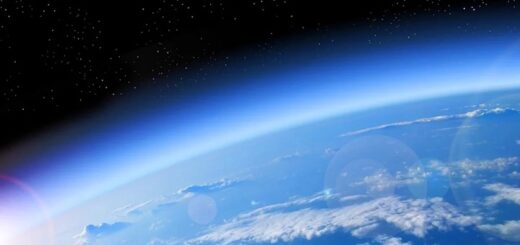
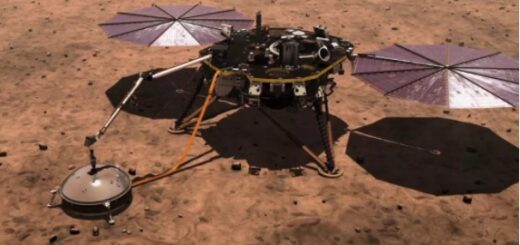
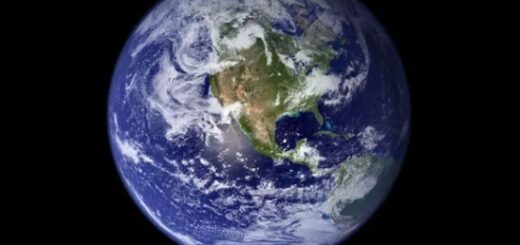
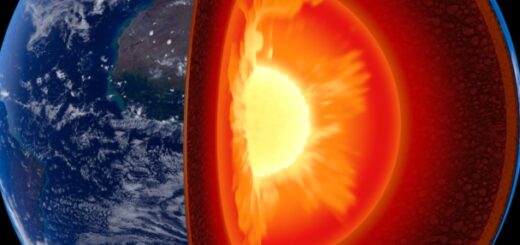
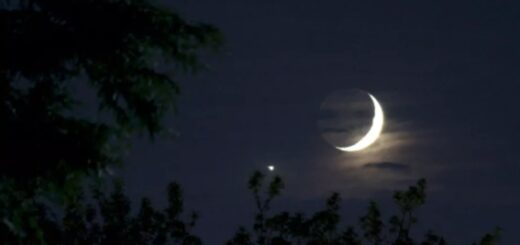
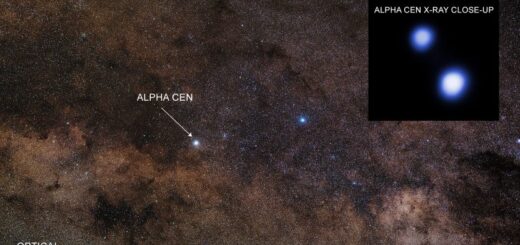
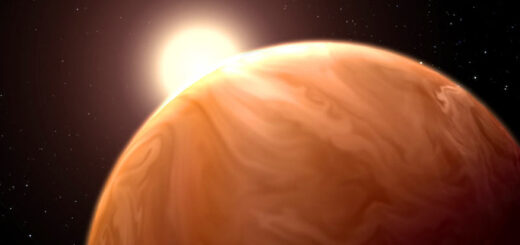
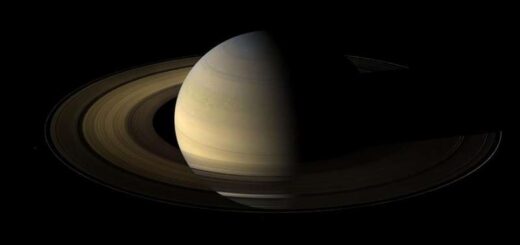
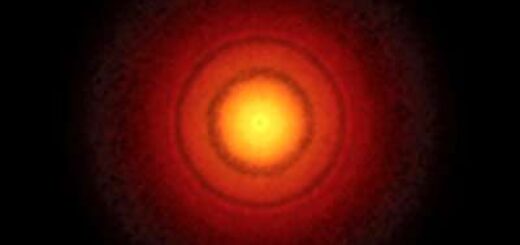
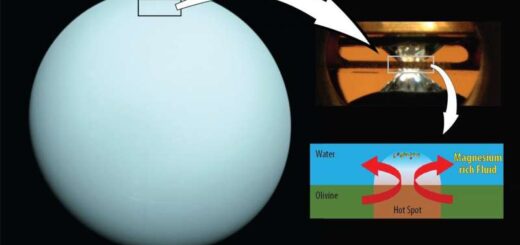
 Creators of mankind
Creators of mankind Description of “Tall white aliens”
Description of “Tall white aliens” Where they came from?
Where they came from? About hostile civilizations
About hostile civilizations The war for the Earth
The war for the Earth “Tall white aliens” about eternal life
“Tall white aliens” about eternal life Video: “Nordic aliens”
Video: “Nordic aliens” Aliens
Aliens Alien encounters
Alien encounters The aliens base
The aliens base UFO
UFO Technology UFO
Technology UFO Underground civilization
Underground civilization Ancient alien artifacts
Ancient alien artifacts Military and UFO
Military and UFO Mysteries and hypotheses
Mysteries and hypotheses Scientific facts
Scientific facts


















